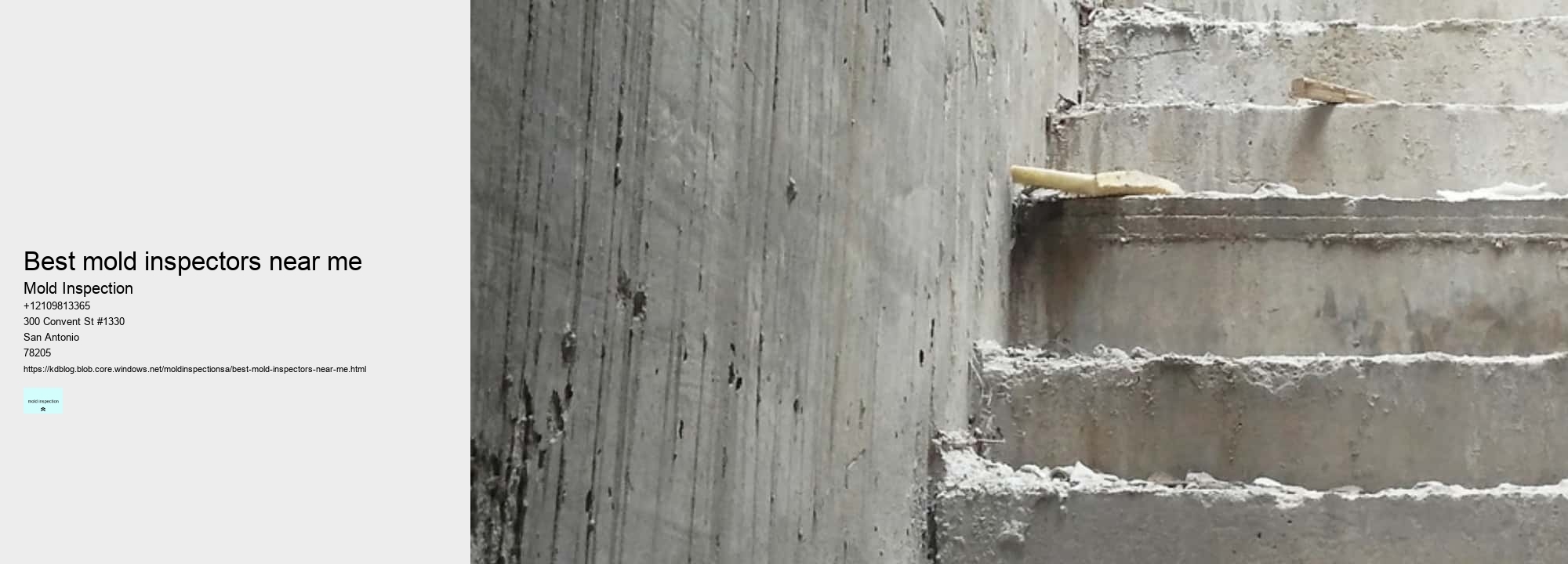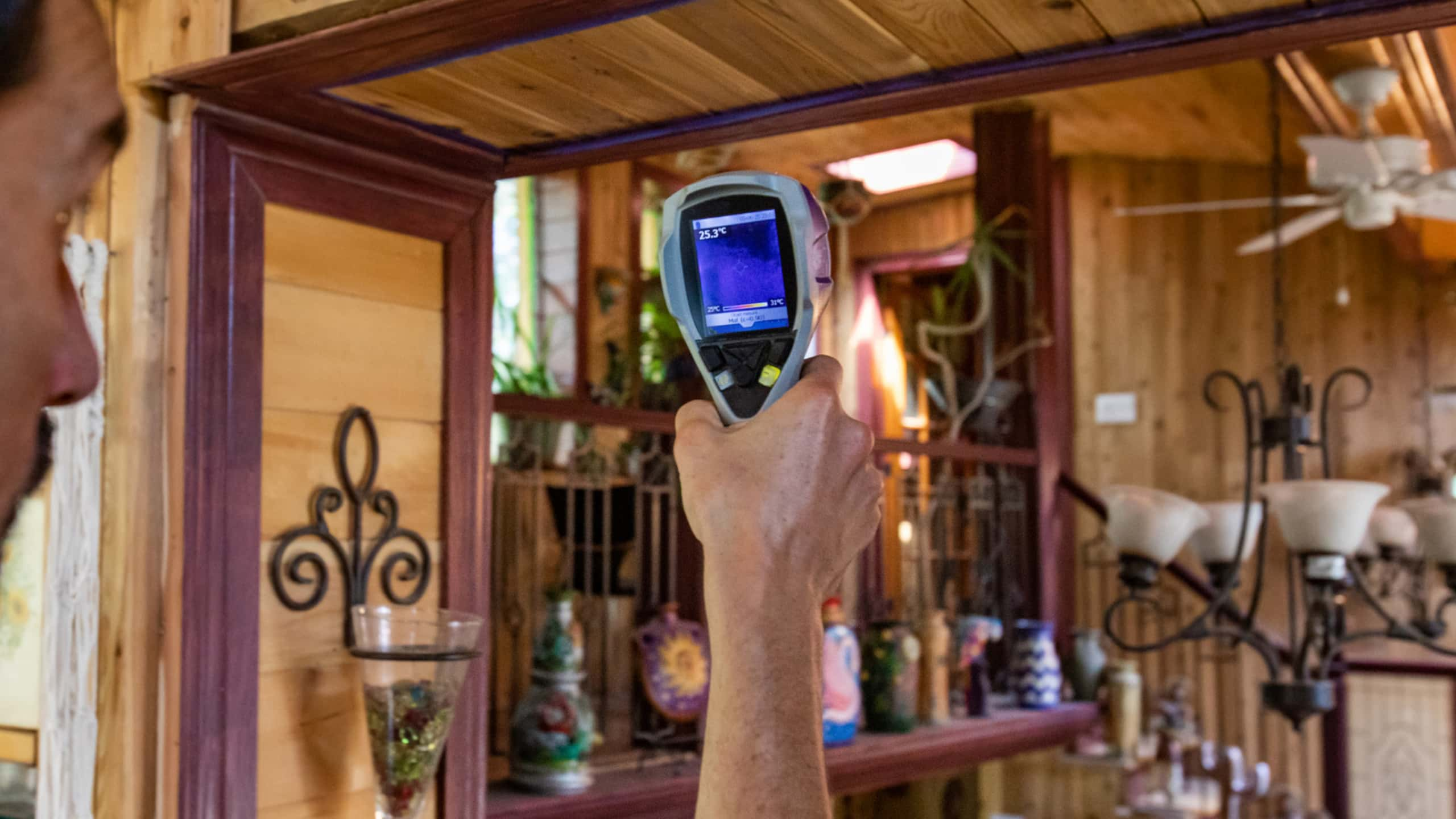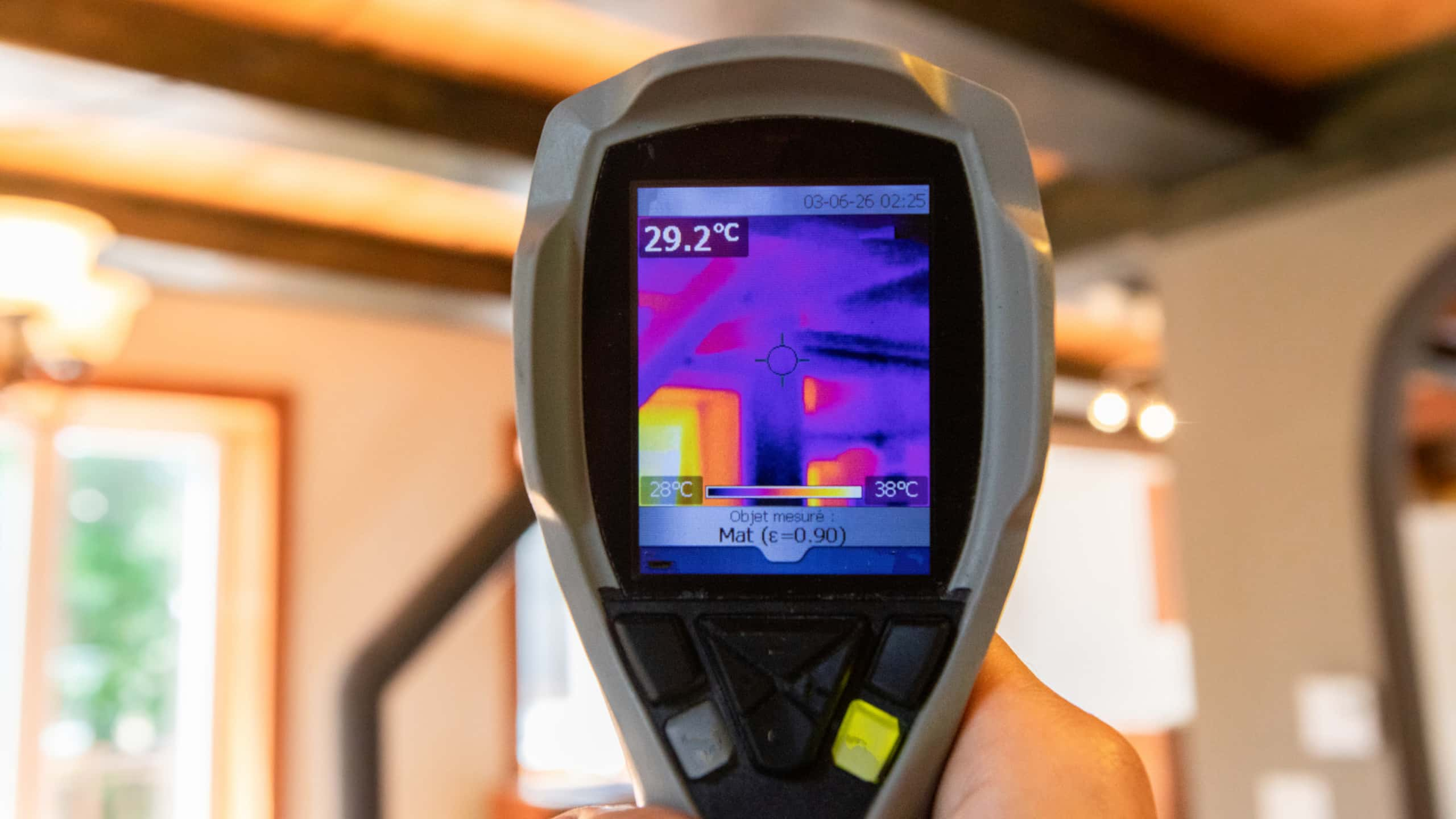






Mold can be a pesky problem in the home. It's not only unsightly, but it can cause health issues too! So, knowing what kills mold is (very important). You might think bleach is the answer, but (it isn't). In fact, bleach won't even kill existing mold - it'll just clean off the surface. But don't worry! There are other things that work much better.
Can mold inside walls make you sick? This is a question that many people are wondering about, and the answer is (yes!)! Mold spores can be found in both indoor and outdoor environments, and when they become airborne, they can cause health problems. Not only can inhaling mold spores make you feel ill, but it can also cause long-term damage to your respiratory system. Even worse, (if) mold grows inside your home's walls, it can actually penetrate other materials like insulation or wallpaper and spread even further into your living space.
Furthermore, mold growth in your home's walls may not be immediately noticeable. Therefore, if left unchecked for too long – which happens more often than not – the health effects could be quite severe. The most common symptoms associated with exposure to mold indoors are runny nose; wheezing; eye irritation; coughs; skin rashes; asthma attacks; headaches; fatigue; nausea and difficulty breathing. In extreme cases of prolonged exposure where there is a large amount of toxic black mold present on the surfaces of the walls, there is even a risk of developing serious infections such as pneumonia or bronchitis!
Breathin' in mold for long periods of time can have serious consequences! (It) doesn't matter if it's black, white, or green. It can still be a health hazard, causing coughing and chest tightness. Not to mention the potential damage to our lungs!
(Yet), many people are unaware of this risk. They may believe that they're safe from harm if they don't touch the mold or clean it up. But that's not the case; breathing in mold spores is just as dangerous! Inhaling those particles over an extended period of time can lead to respiratory diseases such as asthma and bronchitis.
Moreover, exposure to high levels of mold has been linked with a variety of other health problems too. People could experience fatigue, difficulty concentrating, headaches, skin irritation and even depression! Mold also produces toxins which can further compromise our immune systems if we are exposed for too long.
Is it bad to sleep with mold in bedroom? (No!) Sleeping with mold in one's bedroom is not only undesirable but can also be dangerous! Mold spores are microscopic particles that are released into the air and can cause severe respiratory issues. Not only does this make sleeping difficult, but it can also have long-term health impacts. In addition, mold can damage furniture, carpets and other fabrics over time. Furthermore, a damp environment is conducive to the growth of mold and can increase the chance of an infestation.